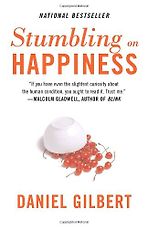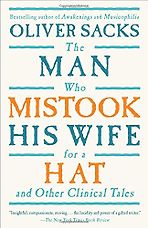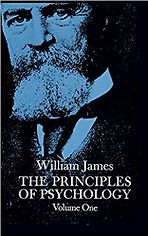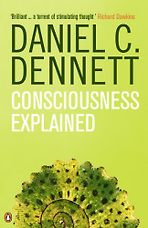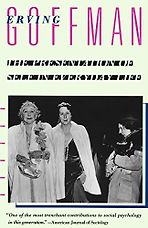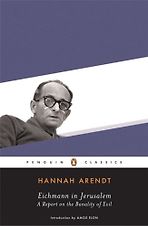Man's Search for Meaning
by Viktor Frankl
In Man’s Search for Meaning Viktor Frankl, an Austrian psychiatrist who survived the Nazi concentration camps, argued for the existentialist belief that even in the worst possible conditions, as human beings we still have control over how we think about our situation. The original title of the book, when it was first published in 1946, was Saying Yes to Life Anyway: A Psychologist Survives the Concentration Camp.
Recommendations from our site
“What’s interesting about his account, which I found absolutely fascinating, is the way he explores the importance of meaning in life as the key to survival.” Read more...
Mary Fulbrook, Historian
“Frankl says, let me tell you and show you how my friends and I lived in the concentration camps. And if I can do it there, and suffer at that level, so can you.” Read more...
The best books on High Performance Psychology
Michael Gervais, Psychologist
“Walk into any bookstore and somewhere there’s a shelf that’s labelled self-help. In my view, you can just ignore the whole shelf and read Viktor Frankl’s Man’s Search for Meaning…Frankl was born in the early 20th century. He studied psychology and when he was in university, he started a programme to study why people in high school committed suicide. He then set up a programme to provide psychological counselling….Man’s Search for Meaning is about his experience in the concentration camps. How do we find meaning in suffering, in even the most brutal suffering imaginable? In that crucible of the most difficult learning environment imaginable, he really came out with a couple of gems of wisdom that everyone should read and understand…I re-read this book about once a year, usually over Christmas. Frankl had this simple equation, he said D=S-M. The equation was: despair equals suffering without meaning…basically, if you’re suffering and you can’t find any meaning in it then you experience ultimate despair. The power of the human spirit is that we can find meaning in suffering. We can turn despair into hope and possibility. That really is the main message of the book. He has this beautiful philosophy about life which is that we can always find meaning in our lives, under any conditions. Our lives are given meaning by the decisions we make” Read more...
The best books on Navigating the Future: a reading list for young adults
Chris Kutarna, Political Scientist
“I chose this book because it’s an incredibly powerful and moving example of what existentialist thought can actually be for in real life, what good it can do, how it can help people. Viktor Frankl was a concentration camp survivor and a psychotherapist and psychologist. Just after the war he wrote a book which has been translated as Man’s Search for Meaning. (The original title translates as Saying Yes to Life Anyway: A Psychologist Survives the Concentration Camp.) In it, he tells the story of his experience and how you can maintain your inner freedom and your human identity in the face of a situation that is designed to completely destroy and demolish all human dignity. It’s almost impossible to do, and he doesn’t say ‘This is the recipe for how I did it’ — he just explores the ways in which fragments of purpose and of meaning in human life kept him going.” Read more...
The best books on Existentialism
Sarah Bakewell, Philosopher
“He was a psychiatrist in Vienna in the 1930s and then got carted off to Auschwitz with all his family. He was the only one that survived and he wrote this book.” Read more...
The best books on Overcoming Insecurities
Robert Kelsey, Entrepreneurs & Business People
“Frankl’s time in concentration camps was enlightening for him. He noticed that those most likely to survive had what he called a ‘will to meaning’.” Read more...
The best books on The Art of Living
Roman Krznaric, Philosopher

